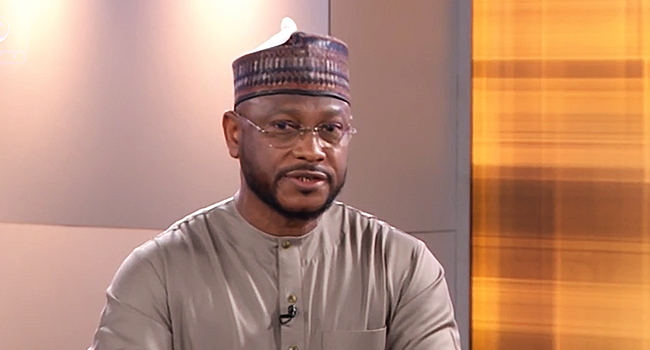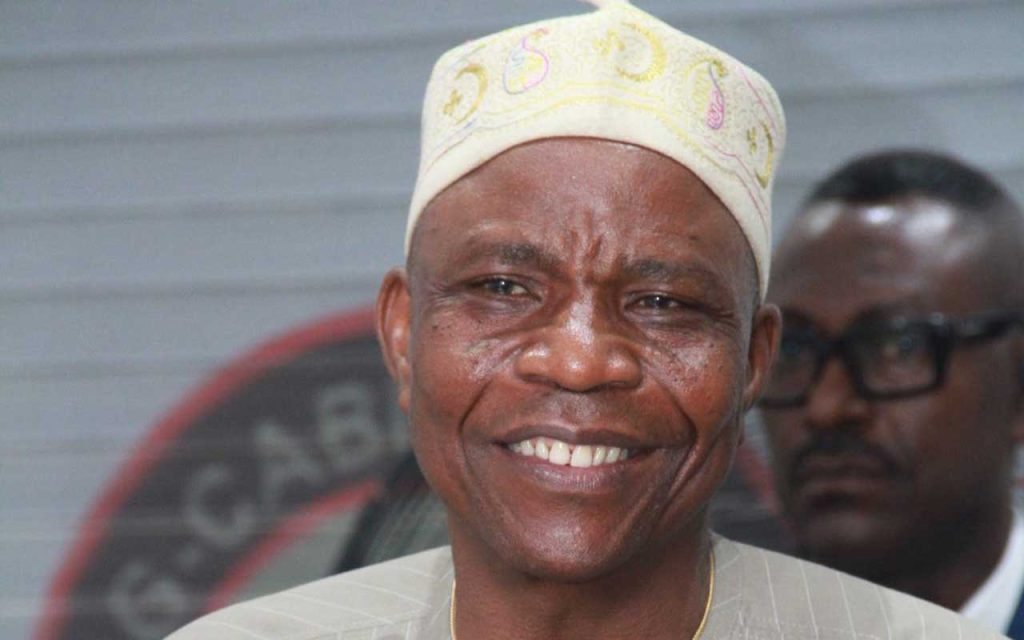More than 1,450 inmates across Nigeria’s custodial centres were granted amnesty between January and September 2024 as part of the ongoing efforts to decongest the country’s prisons.
This move follows a broader campaign that began in November 2023 when the Federal Government initiated the release of 4,068 inmates, primarily those held due to an inability to pay fines. The initiative was supported by the N585m raised through the Corporate Social Responsibility donations from corporate bodies.
In the first nine months of 2024, several state governors and Chief Judges played key roles in securing the release of inmates. Notably, the Governors of Benue, Nasarawa, Gombe, and Taraba states freed 96 inmates on New Year’s Day.
On March 19, the Headford Foundation, a non-governmental organisation, facilitated the release of 628 wrongfully detained inmates from correctional centres across Lagos, Ekiti, Delta, Ogun, and Rivers states.
Further releases followed, including 38 inmates pardoned by the Oyo State Chief Judge, Justice Iyabo Yerima, on March 20.
On March 22, 96 inmates were freed by the Bauchi State Governor Bala Mohammed while the Rivers State’s Chief Judge, Justice Simeon Chibuzor-Amadi, released 24 inmates from the Port Harcourt Maximum Custodial Centre the same month.
On April 9, Katsina State Governor, Dikko Radda, secured the release of 222 inmates by settling their fines.
The Ogun State’s Chief Judge, Justice Mosunmola Dipeolu, granted clemency to 49 inmates on April 29 and 30.
The pardons continued into May, with the Plateau State Governor, Caleb Mutfwang, freeing 13 inmates on May 29, followed by the Ogun Governor, Dapo Abiodun and Kaduna State Governor, Uba Sani, who pardoned 41 and 110 inmates, respectively.
NCoS assures inmates’s safety, evacuation amid flooding at Maiduguri facility
The latest round of releases occurred on September 12, when the Adamawa State Chief Judge, Justice Hasfat Abdulrahaman, discharged 156 inmates during a two-day visit to three correctional centres in Yola, the state capital.
Amid these developments, the Nigerian Correctional Service has raised concerns about the stigmatisation faced by ex-offenders.
The NCoS spokesperson, Umar Abubukar emphasised that societal discrimination often undermined the rehabilitation process, and pushed reformed offenders back into crime due to limited opportunities in employment, politics, and civil rights.
“In most communities, ex-offenders are stigmatised, and this makes a mockery of the reformation they had undergone while in custody.
“Most ex-offenders are not given equal chances in employment, politics, and even in exercising their franchise and civic responsibilities,” Abubakar said, urging Nigerians to change their attitude towards reformed individuals.
He warned that stigmatisation was not only a moral failing but also posed a security threat, as it prevented ex-offenders from reintegrating into society and contributing to national development.
Abubakar called on the public to support the NCoS’s rehabilitation efforts, stressing that a welcoming environment for ex-offenders would ultimately benefit society.
“May I use this medium to call on the public to refrain from any act of stigmatisation of ex-offenders, as they are doing more harm to the society than good,” Abubakar stressed.
(Punch)
Advertisement






